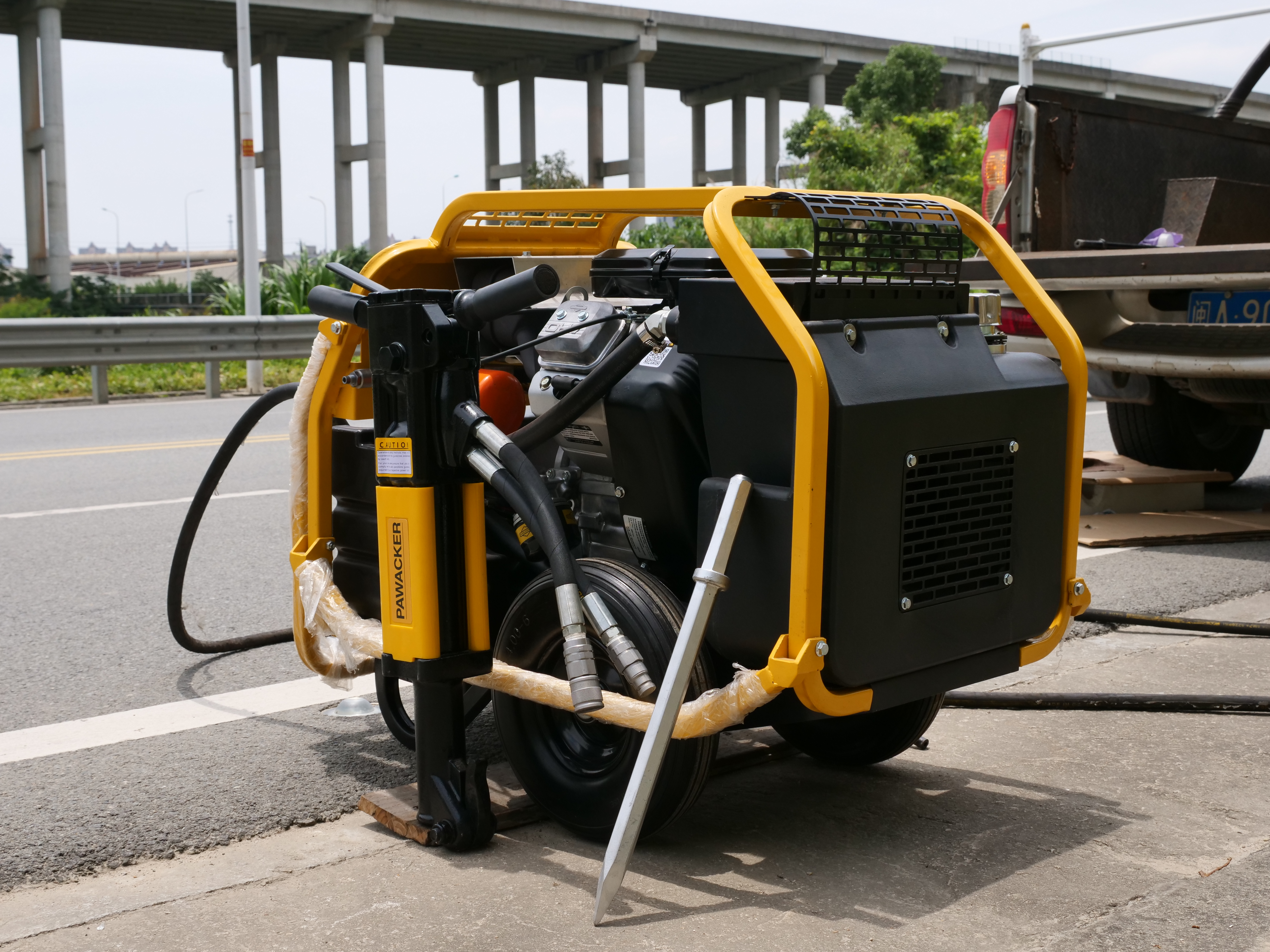Contact Info
FIRST FLOOR OF BUILDING 4, NO.1 TIELING NORTH ROAD, JINGXI, MINHOU, FUZHOU, CHINA
New York.

Rescue hydraulic power units are necessary for emergency situations. They deliver high, portable, dependable hydraulic power for a multitude of rescue devices such as hydraulic cutters, spreaders, and rams. Built from advanced materials, these units are durable as well as portable and reliable. Their robust construction allows them to endure harsh environmental conditions. In addition, they are often equipped with improved safety devices that guard the operators, enabling safe and efficient rescue operations to be done to save lives during critical moments
